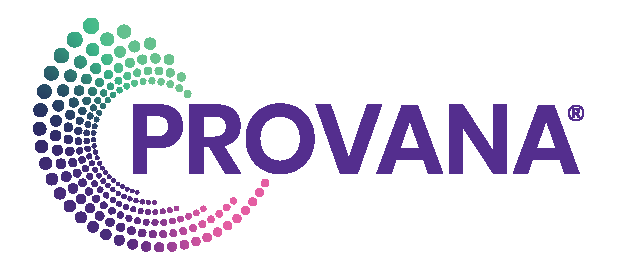Understanding the CFPB’s Evolving Enforcement Landscape
Legal Learning Webinar
Join us for an essential webinar exploring the Consumer Financial Protection Bureau’s (CFPB) recent shifts in enforcement and supervision priorities, including the significant rescission of its interpretive rule on state enforcement authority. Led by attorney Peter Nanov of Saul Ewing LLP, this session will break down what these changes mean for financial services professionals, compliance officers, and legal practitioners—especially those involved in debt collection and consumer finance.
Through expert analysis and practical insights, attendees will gain a deeper understanding of how these regulatory developments may impact risk management, compliance strategies, and state-level enforcement dynamics.
Key Topics Include:
- The CFPB’s updated supervision and enforcement priorities
- The rescission of the interpretive rule on state enforcement of federal consumer protection laws
- Implications for debt collection practices and compliance frameworks
- Remaining enforcement tools available to state regulators
- Broader legal and operational impacts across the industry
Learning Objectives:
- Identify the CFPB’s revised enforcement and supervision priorities and their practical implications.
- Explain the significance of the CFPB’s rescinded interpretive rule and how it alters state enforcement authority.
- Assess the impact of these changes on debt collection practices and compliance risk.
- Recognize the enforcement tools still available to state regulators and how they may be used going forward.
CLE PENDING
Sponsored By

CLE Information
National Creditors Bar Association is a national provider of legal educational content. NCBA’s goal is to provide its members with as many opportunities as possible to earn Continuing Legal Education (CLE) credits. Some NCBA webinars state that they are pending approval. If a webinar is pending approval, it means that NCBA’s education staff is awaiting confirmation of approval for CLE credit from the accrediting body of a particular state; it should be noted that individual states have different response and approval rates. NCBA expects that the course will be approved for the credit amount and type listed, but approval is not guaranteed. An attorney can still take the course at their own discretion, though.
It is not uncommon for a course which is pending approval to not be approved until after the webinar has taken place. Once an official decision notice arrives from the state, NCBA will notify attorneys who have completed the course as soon as possible via email, and will re-issue any certificates of completion to reflect the updated state reporting numbers. However, it is recommended that attorneys do not view webinars that are pending approval close to their CLE deadline, as NCBA cannot guarantee that a course will be approved in time.
National Creditors Bar Association will seek MCLE accreditation, with the assistance of the ABA MCLE, for this webinar. NCBA will seek General CLE credit hours in 60-minute-hour states, and in 50-minute states, subject to each state’s approval and credit rounding rules. States typically decide whether a program qualifies for MCLE credit in their jurisdiction 4-8 weeks after the program application is submitted. For many live events, credit approval is not received prior to the program. A link for CLE requests will be provided to webinar attendees who have met the attendance and engagement requirements.
